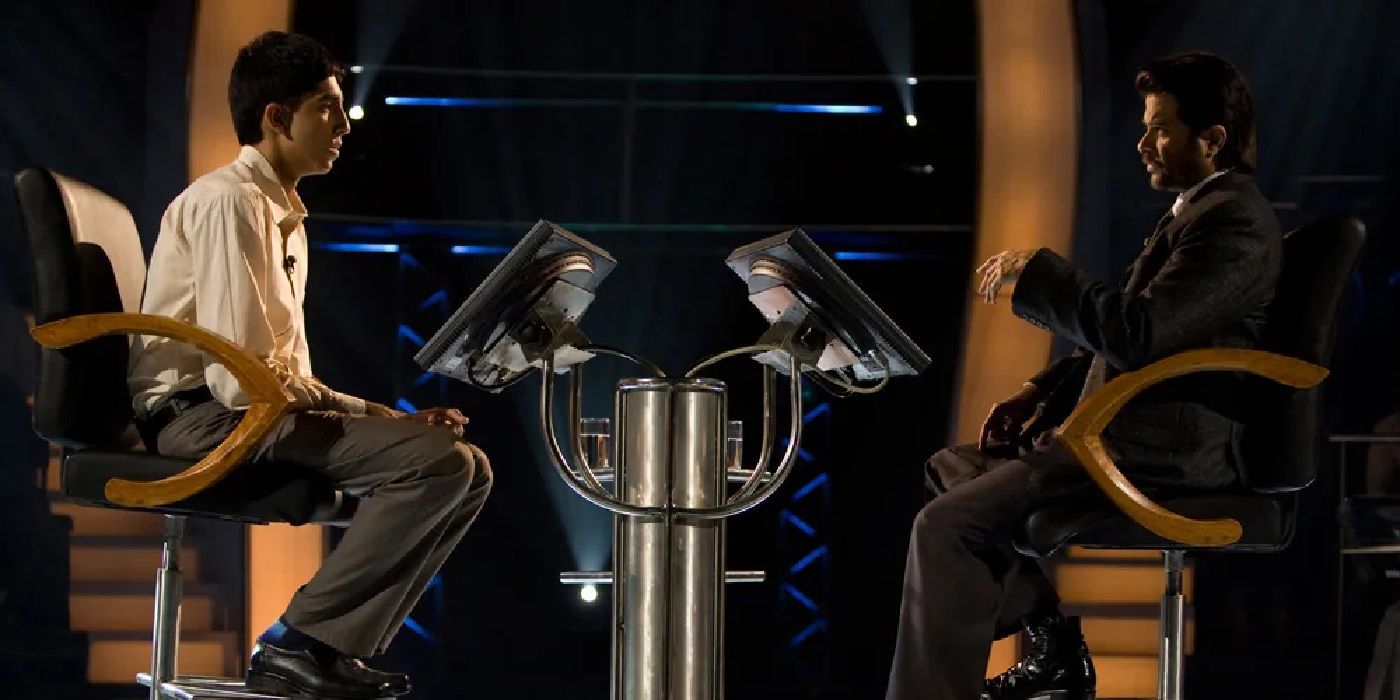Danny Boyle’s Slumdog Millionaire not only won the Best Picture Oscar but also the Academy Award for Best Director. Much has changed in the 17 years since Slumdog Millionaire‘s release, and the legendary director doesn’t think he would make that movie today. Yet, unlike others who might rail against the idea of things being too politically correct, Danny Boyle doesn’t think that is necessarily bad.
Speaking with The Guardian ahead of the release of 28 Years Later, Boyle was asked about making Slumdog Millionaire. The director looked back on it and how much the world has changed, and attitudes towards white filmmakers going in and telling stories of different races and cultures since he shot the film, saying, “Yeah, we wouldn’t be able to make that now, and that’s how it should be. It’s time to reflect on all that. We have to look at the cultural baggage we carry and the mark that we’ve left on the world.”
Related
’28 Years Later’ Director Reveals the Real Reason Why He Backed Out Of Making a Divisive ‘Alien’ Movie
The ’28 Years Later’ director was at some point attached to ‘Alien 4,’ but decided to back out.
When asked if the production itself amounted to a form of colonialism, Boyle responded, “No, no. Well, only in the sense that everything is.” Boyle continued on, saying:
“At the time it felt radical. We made the decision that only a handful of us would go to Mumbai. We’d work with a big Indian crew and try to make a film within the culture. But you’re still an outsider. It’s still a flawed method. That kind of cultural appropriation might be sanctioned at certain times. But at other times it cannot be. I mean, I’m proud of the film, but you wouldn’t even contemplate doing something like that today. It wouldn’t even get financed. Even if I was involved, I’d be looking for a young Indian film-maker to shoot it.”
Changing Times and Changing Attitudes To Movies
Slumdog Millionaire was a cultural sensation when it came out at the end of 2008. Like the lead character, the film itself was the underdog as its original distributor, Warner Independent Pictures, nearly released the movie straight to DVD before Searchlight Pictures acquired it right before it debuted at the Telluride Film Festival. It rode a wave of good buzz from the festival circuit through its limited release before going wide after announcing the 81st Academy Award nominations. It grossed $141 million domestically and $378 million worldwide, making it the highest-grossing film of the Best Picture nominees that year. It went on to win eight Academy Awards, including Best Picture, Best Director, Best Adapted Screenplay, Best Original Song, and Best Cinematography, to name a few.
Yet the reaction to Slumdog Millionaire over the years has been far more mixed, with many taking issue with the film’s depiction of India and the fact that the film enforced negative stereotypes. Indian filmmakers Swati Shetty and Grant Kessman are developing a sequel to Slumdog Millionaire and a television spin-off, fulfilling Boyle’s idea of how he would approach the film today. Even though Boyle is currently not involved in the Slumdog Millionaire continuation, he is likely okay with that, realizing this is not his story to tell, and maybe it never was.
It often feels like there is a knee-jerk reaction by some filmmakers and actors to rage against changing cultural attitudes of what is or is not okay to depict on film, or what subjects are appropriate for directors to tackle. It is refreshing to see an older white filmmaker like Boyle not only recognize his privilege but also want to welcome other filmmakers from diverse backgrounds to come and tell stories of their culture. Boyle’s Oscar can never be taken away from him, and Slumdog Millionaire was a movie worth watching in 2008, and is just as worthy of audiences’ attention now.
Source: The Guardian
Source link


















Add Comment